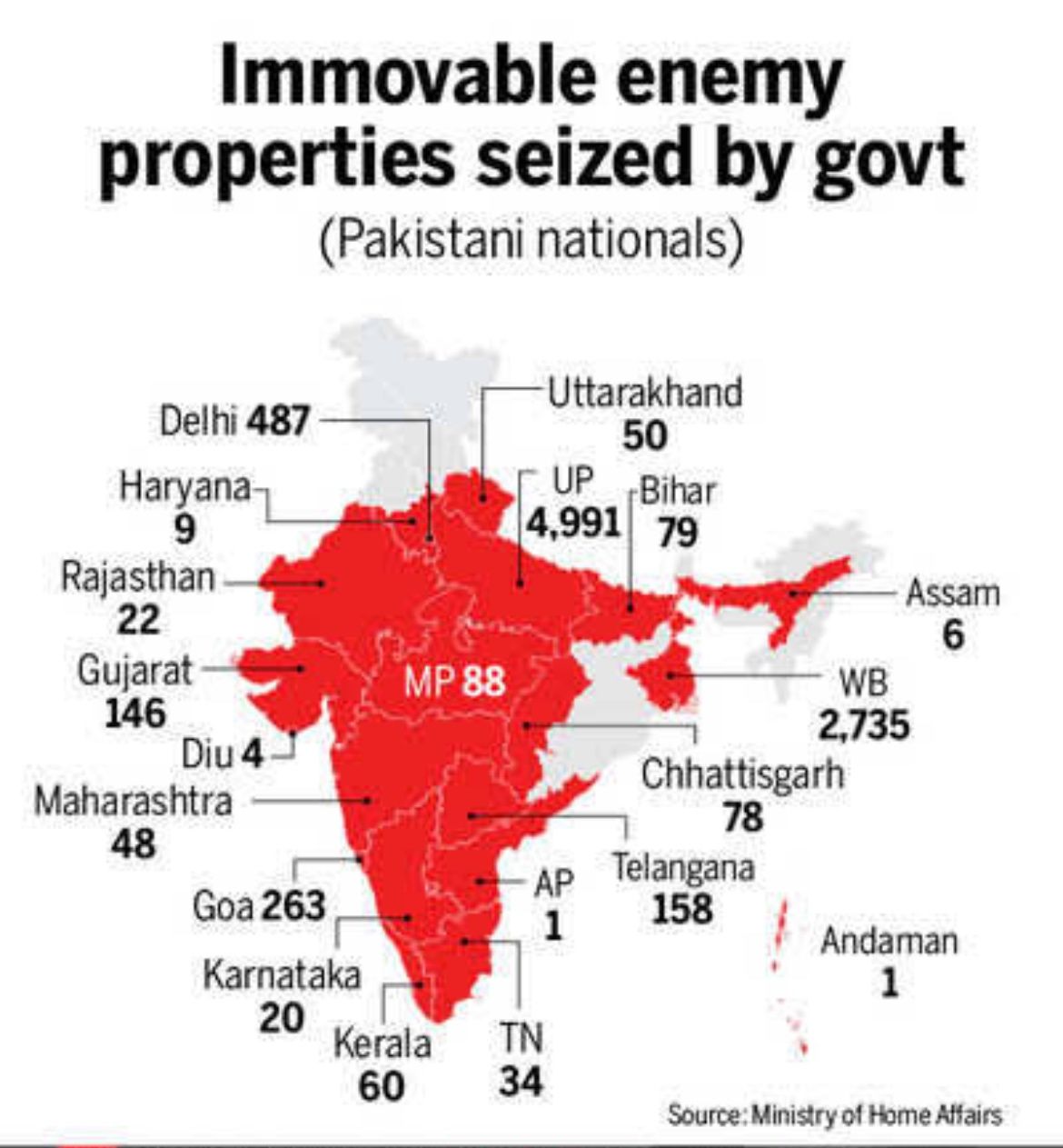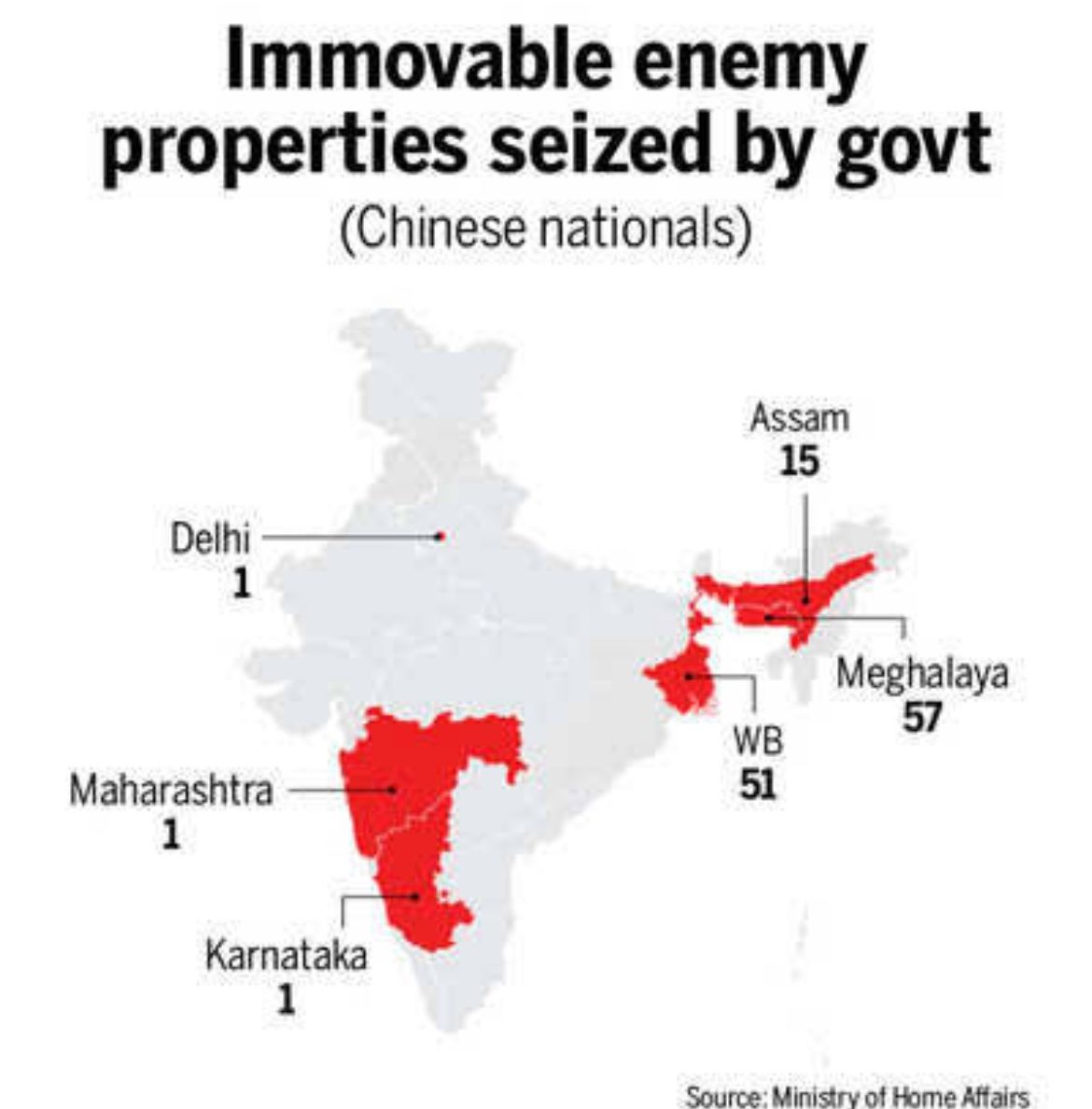

Bhubaneswar: Time has run out. What will be the fate of Saif Ali Khan’s Rs 15000 cr ancestral property declared Enemy Property under the 1968 Enemy Property Act?
With the Madhya Pradesh High Court while vacating its stay order imposed in 2015 had said that a statutory remedy exists under the amended Enemy Property Act, 2017, It had granted a 30-day period to the actor to move to the tribunal (appellate authority).
The 30 day period granted by MP High Court ended on Jan 12. Saif Ali Khan has not revealed anything about moving to the tribunal.
Is the game over for Saif on the following properties?
WHAT IS ENEMY PROPERTY ACT 1968?
Enacted in 1968, after the India-Pakistan 1965 war, the word enemy property refers to the properties or assets left by Indviduals or entities who migrated to enemy countries (Pakistan and China) following the conflicts of 1965, 1971 with Pakistan and with China in 1962.
Earlier, such properties were taken over under the Defence of India Rules of 1962, enacted under the Defence of India Act of 1962, and vested with the Custodian of Enemy Property for India (CEPI) – a department under the Ministry of Home Affairs,.
In the 1966 Tashkent Declaration between India and Pakistan, discussions about the return of such properties held, but Pakistan disposed of these properties in 1971.
India continued to hold these properties under the Enemy Property Act of 1968.
This Act vests the government the power to assume custody and manage such properties to prevent their use against national interests.
WHY SAIF’S ANCESTRAL PROPERTY DECLARED ENEMY PROPERTY?
Here is the story about how Saif’s ancestral property declared enemy property.
The paternal grandmother of Saif Ali Khan, Sajida Sultan, was the daughter of Hamidullah Khan – the last Nawab of Bhopal.
Sajida Sultan inherited properties in Bhopal after her elder sister Abida Sultan migrated to Pakistan in 1950.
In 2014, the Custodian of Enemy Property for India (CEPI) declared these properties as 'enemy property' because Abida Sultan, who had a potential claim, moved to Pakistan.
MADHYA PRADESH HC INTERVENTION
Following the CEPI’s decision, Saif Ali Khan challenged the same in the Madhya Pradesh High Court. The MP HC stayed the CEPI order in April 2015, and issued notices to the Central and State Governments
GAME ALL OVER FOR SAIF?
In 2017, the Modi govt has amended the 1968 Enemy Property Act. The Act has broadened the definition of Enemy.
Under the amended Act, enemy property refers to any property belonging to, held, or managed on behalf of an enemy, an enemy subject, or an enemy firm.
The amended act ensures that the heirs of the people who migrated to China and Pakistan during partition and later on will have no claim over the properties left behind in India by their ancestors.
The new law clearly stated that the law of succession does not apply to enemy property, which means it has denied legal heirs any right over the enemy property.
This hints at Saif Ali Khan’s fate sealed.
ENEMY PROPERTIES DELACRED IN INDIA
As per the data exclusively shared by senior advocate Prachi Gupta, following is the data on enemy properties declared ans seized in India so far. (see the images below)

